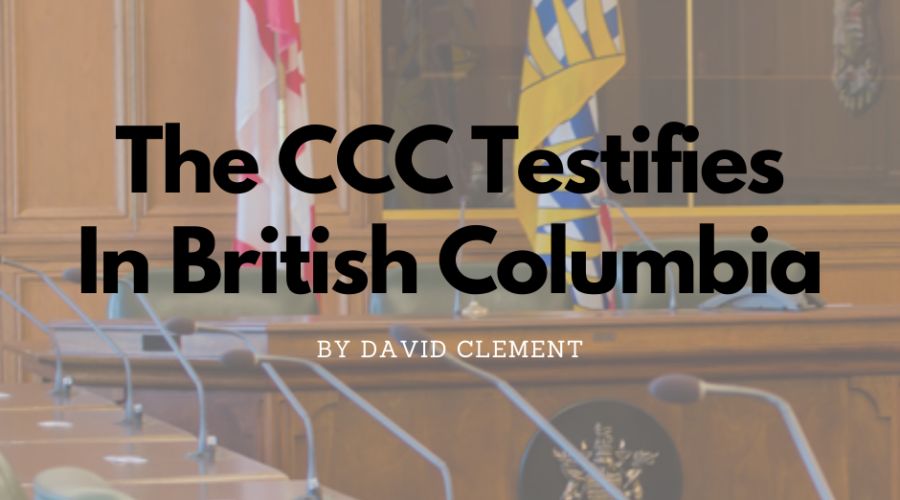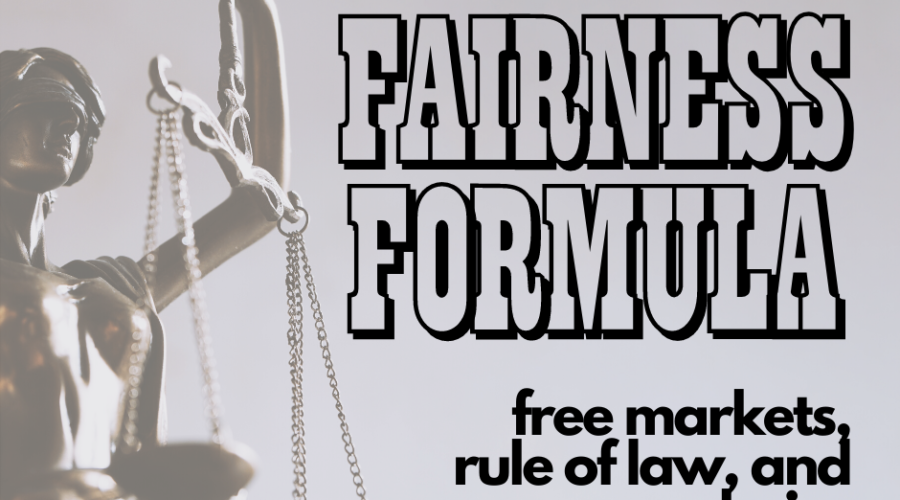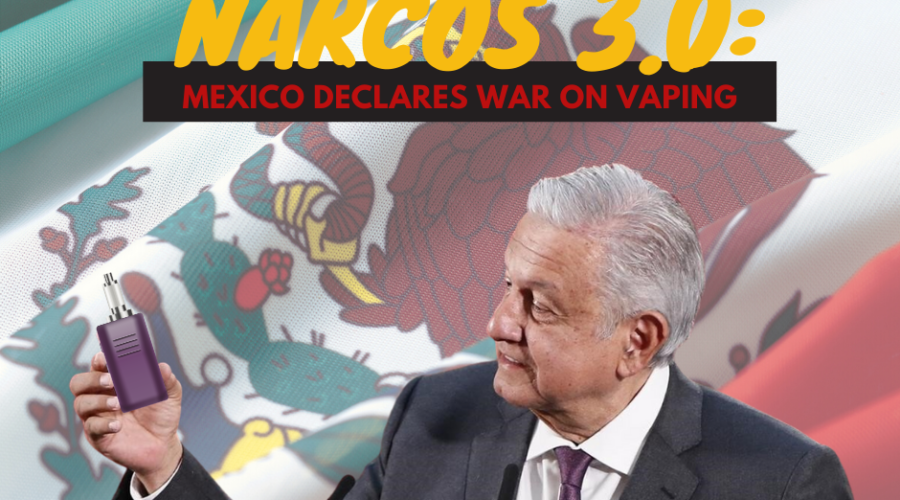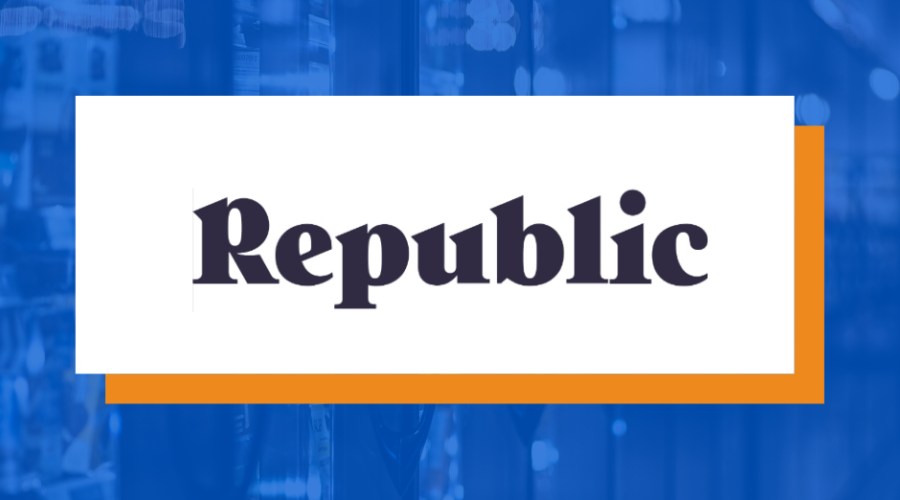The CCC Testifies In British Columbia

On Friday, June 12th the Consumer Choice Center’s David Clement was invited to present to the British Columbia’s Select Standing Committee on Finance and Services. In their annual review in the budgetary process, the province’s finance committee invites, and hears from experts, on various policies that impact the provincial budget.
As part of the consultation, David represented the CCC specifically on two key points:
- Urging the BC government to repeal it’s 20% vape tax
- Asking that the BC government remove the Provincial Sales Tax from medical cannabis.
Below is a copy of David’s remarks:
Hello members of the Select Standing Committee on Finance and Services. I’d like to first off thank you for the ability to present here today, and to represent the voice of consumers in British Columbia. I’m David Clement, and I act as the North American Affairs Manager for the Consumer Choice Center.
As a representative of a consumer advocacy group, I appear here today to ask that the Government of BC repeal its 20% vape tax, and remove PST from medical cannabis purchases.
For the vape tax, we urge the government to repeal the vape tax, for both cannabis products and nicotine, for the following reasons:
- Harm reduction: We know, from mountains of evidence, from credible public health agencies like Public Health England, that vape products are significantly less dangerous when compared to products that involve combustion. Because vape products are reduced risk products, we feel that the additional tax is counter-productive from a harm reduction perspective. Having additional taxation on cannabis and nicotine vape products, wrongly, signals to consumers that these products are more harmful than the alternatives, when the opposite is true. Taxation should be applied based on the continuum of risk, and this tax runs in the opposite direction.
- Black market alternatives: Specifically for cannabis, we know that the illegal market has long provided consumers with vaping products. Unfortunately, we also know that these black market products often contain dangerous thickening agents like Vitamin E Acetate. Vitamin e acetate is now known to be one of the main causes of vaping related illnesses in North America, which are not present in legal products, nor is it allowed to be in legal products. The 20% vape tax makes legal, regulated, and safe cannabis vapes considerably more expensive when compared to black market alternatives, which incentives consumers to purchase dangerous and unsafe products. It is important to remember that this 20% cannabis vape tax is added on top of the following taxes and fees that inflate the price of legal products:
- The federal excise tax
- The federal portion of the sales tax
- Application screening fees
- Security clearance fees
- Annual regulatory fee
The cannabis vape tax should be repealed because it simply piles on to the overtaxation of legal cannabis in this country, and only benefits illegal dealers, who’s products now become more attractive in terms of price. In order for the legal market to compete with the illegal market, it has to be able to offer products at comparable price points. The vape tax makes that nearly impossible.
Beyond the vape tax, we also strongly urge that the Province of BC remove the PST from medical cannabis products. The PST should be removed, firstly, because it would be the consistent thing to do. Other prescription medications in BC do not have the PST applied to them, thus removing PST would simply give parity to medical cannabis. Beyond that, it is incredibly unfair to have additional taxes for medical cannabis patients. In many instances patients are on fixed income, or even disability. It is disproportionate and punitive to add additional taxation to the medicine these patients have been prescribed by their doctors. It was a mistake for the federal government to apply a sales tax to medical cannabis, but luckily the province can somewhat right that wrong.
Thank you for hearing my concerns, and I look forward to your questions.
The CCC represents consumers in over 100 countries across the globe. We closely monitor regulatory trends in Ottawa, Washington, Brussels, Johannesburg, Brasilia, Geneva and other hotspots of regulation and inform and activate consumers to fight for #ConsumerChoice. Learn more at consumerchoicecenter.org.








